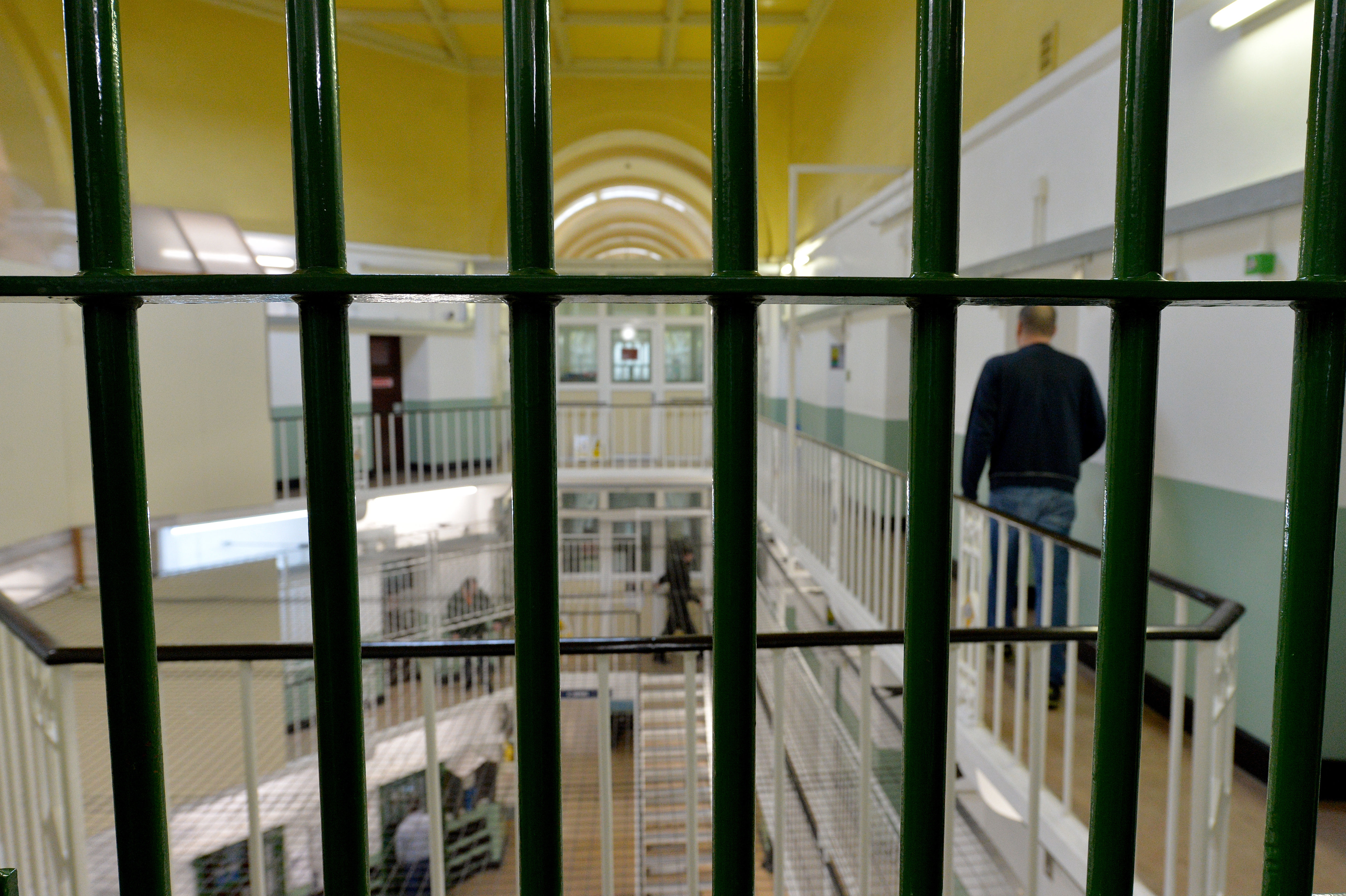MP calls for 'peaceful' discussion over Clive of India statue and says British Empire was 'source for good'
Shrewsbury MP Daniel Kawczynski has called for peaceful discussion on the town's Clive of India statue after calls were made for it to be hauled down.

The Conservative MP said he would be carrying out "blow by blow" research on the life of Market Drayton-born Robert Clive, adding that the British Empire had been a "tremendous source for good during its time".
More than 5,000 people have already signed two petitions to pull down the statue in the Square of Robert Clive, who became extremely wealthy while taking over large parts of India in Britain's name.
It comes after the statue of slave trader Edward Colston was hauled to the ground and dumped in a harbour in Bristol during one of many anti-racism protests across the country.
Mr Kawczynski reiterated that he does not want to see a repeat of what happened in Bristol in Shrewsbury and is hopeful given that the Black Lives Matter protest in the Quarry Park on Saturday was respectfully carried out.
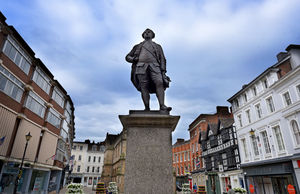
"I'm very pleased with how they carried out their demonstration peacefully," he said.
"By all means have debates about historical figures. They can challenge if they think somebody doesn't deserve a statue, but it has to be done peacefully. If people want to challenge, let's sit down and discuss it in a peaceful and sensible way, rather than people taking into their own hands.
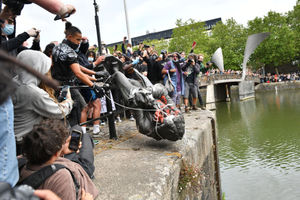
"I'm spending this afternoon with the House of Commons library getting a blow by blow account on the life and times of Clive of India.
"We are doing a research paper and while I won't comment on his life until after it's written, the British Empire was a tremendous source for good during its time. We honour and celebrate those who helped establish this empire.
"They are part of our history and should be treated with respect and dignity. I know some people will want to eradicate all traces of the British Empire, but I've seen huge pluses of things it did around the world."
Mr Kawczynski spoke after taking a walk in Parliament Square and seeing the damage done to the Winston Churchill statue as scenes turned ugly over the weekend.
"The protests have come in the wake of the killing of black man George Floyd, who was filmed having his neck crushed under the knee of a white police officer.
Mr Kawczynski added: "The level of graffiti and damage is mind blowing.
"I'm horrified at the ignorance of those who desecrated the statue of the man who single-handedly saved us from fascism. Next to him is a statue of Abraham Lincoln, who did more to promote the fight against slavery than anyone.
"I'm absolutely appalled at the ignorance. I have a photo of Winston Churchill in my office. In 1940 we were a whisker of defeat. If we had been we would now possibly be living in a Nazi state.
"I'm horrified at the wanton and abject violence against police officers. Everybody has the right to protest in this country and that is a fundamental right.
"But what some of these people in London have been doing is mind blowing. They are beating up our British police officers because of something a police officer did in Minneapolis. I don't understand."
Councillor Peter Nutting, leader of Shropshire Council, said: “In line with the council’s constitution, all petitions that gain 1,000 signatures are presented to, and debated by, full council before the portfolio holder decides what, if any, action to take in response.
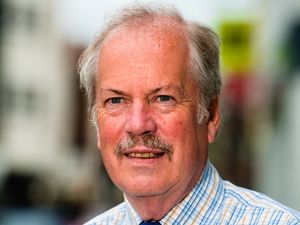
“In the meantime, while we recognise the strength of feeling around the Black Lives Matter campaign, and acknowledge people’s right to protest, we ask them to do so peacefully and safely, abiding by the social distancing guidelines.
"In particular, we give credit to those who protested in Shrewsbury last weekend for the peaceful way in which they went about their protest.”
Campaigner Heather Brennan, who organised a peaceful demonstration in Telford last week, believes people should have their voices heard if they want to remove the Clive of India statue.
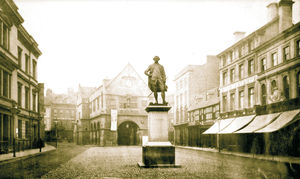
She said: "Hopefully if people do want to get rid of it, they will be heard. I don't condone what happened in Bristol, but I understand why people are angry. I think there's been a public opinion to get ride of that statue for a long time. People have been wanting to get rid of it for years.
"We were determined that our protest would be peaceful. We had the police liaison officer ready to phone if things got out of hand."
Wrekin MP Mark Pritchard also hopes that Shropshire's protests remain peaceful and that productive conversations can be had surrounding race issues.
He said: "People have a right to protest, but this should be done peacefully. Damaging the cenotaph, ignoring social distancing rules, attacking police and causing criminal damage undermines the important message that black lives matter.
" Sadly it appears peaceful marchers were infiltrated by a mix of anarchists and trouble makers. They should not be allowed to subvert a measued and needed national conversation about equality and fairness in 21st century Britain.
In brief: Who was Robert Clive?
Clive was born at Styche Hall near Market Drayton in 1725 and went to school in London before travelling to India with the East India Company in 1743.
After two years in Britain, in 1755 Clive returned to India and two years later retook Calcutta (now Kolkata) for the company at the Battle of Plassey, a key moment on Britain's path to controlling Bengal and then India for almost two centuries.
Corruption and looting saw Clive amass a huge amount of wealth and he returned to Britain in 1760, aged 34.
He was made Baron Clive of Passey, knighted and became Shrewsbury's MP, a position he held until his death.
He went back to India in 1765 for two years before returning to Britain where the activities of Clive and the East India Company in India came under sustained attack. The famine of Bengal that lasted between 1769 and 1773 was said to have largely been caused by the company's policies.
Clive defended himself in Parliament, saying "I stand astonished at my own moderation," and in 1773 Parliament declared that he did “render great and meritorious services to his country.”
He died at home in London aged 49 and is believed to have killed himself.



